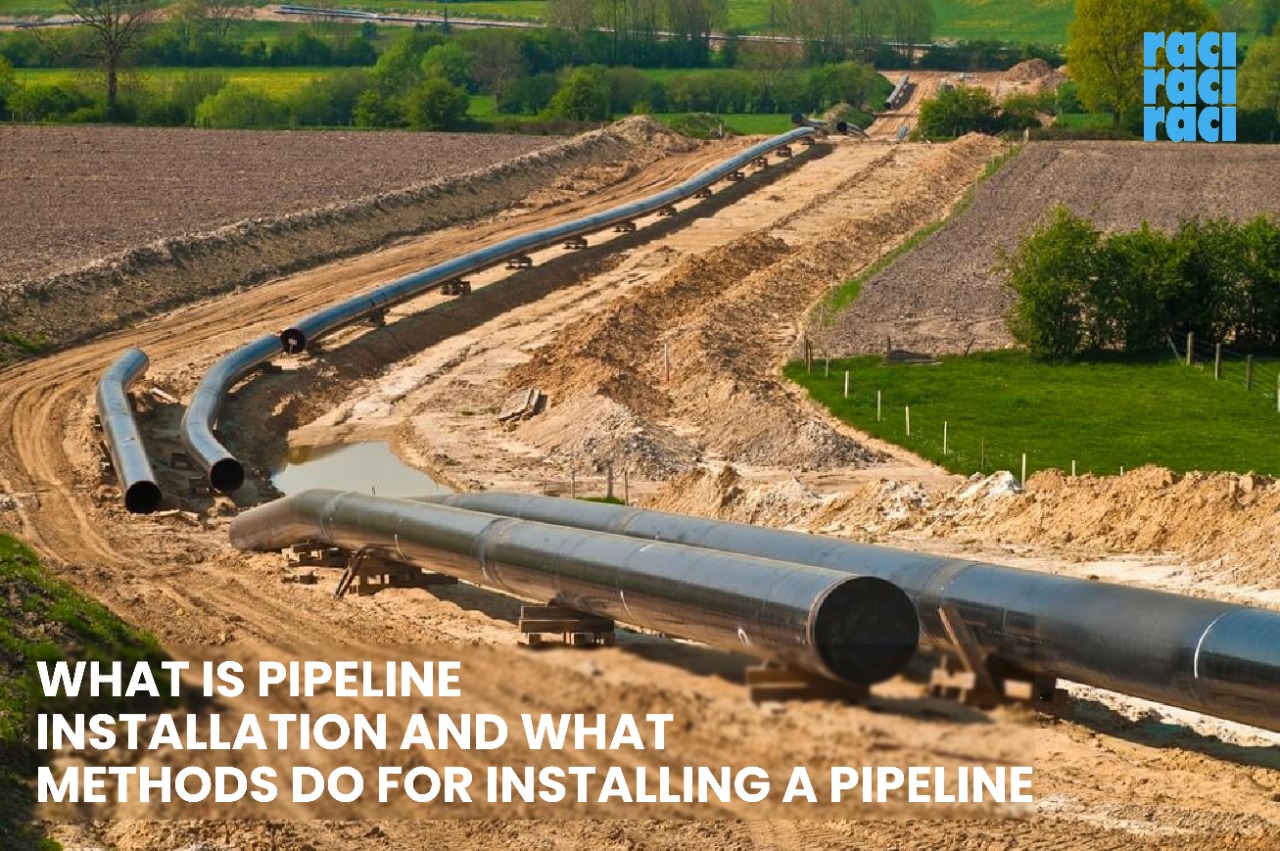What Is Pipeline Installation and What Methods Do for Installing a Pipeline
Pipeline Installation and Its Methods
Pipeline installation is a procedure that refers to laying out pipelines to help transport various natural resources from the origin of extraction to the desired destination for the resources.
Components used in pipeline installation:
There are various types of components used in pipeline installation like pipes of various sizes, fittings like valves and joints, pumps like compressor and in case of gas pipelines blowers are used, booster stations, storage facilities for the pipelines extracts, intake and outlet passages, and other automated control equipment like computers and the communication devices that include cables, microwaves, and satellites. Boost stations are only required in case of a longer layout of pipelines.
Procedure for pipeline installation:
- Construction of staging area and storage area: Strategically planned and executed procurement of area to be utilized.
- Clear Cutting: An essential part of execution for clearance of area for the layout, right-of-way clearance.
- Excavating the trench: Spacing is created using large bulldozers to support the pipeline layout.
- Pipe transport, stringing, and assembly: Pipelines are laid right next to the trench spacing created to take an estimate for the pipelines required.
- Testing & Restoration: The pipeline after being settled and a trench filled is tested with hydrostatic compound to know and understand the shortcomings if any.
Pipeline Installation Methods:
- As the above-stated names suggest, S-lay, J-lay, two methods are the most commonly used methods.
- S-lay and J-lay are letter-shaped forms, given on the location whether in the ocean or through a forest.
- two methods are of three types, mid tow, high tow, deep tow based only for towing the pipeline to the desired location for installation.
For further information, check out - https://www.raci.tech/

.png)

.png)
Comments
Post a Comment